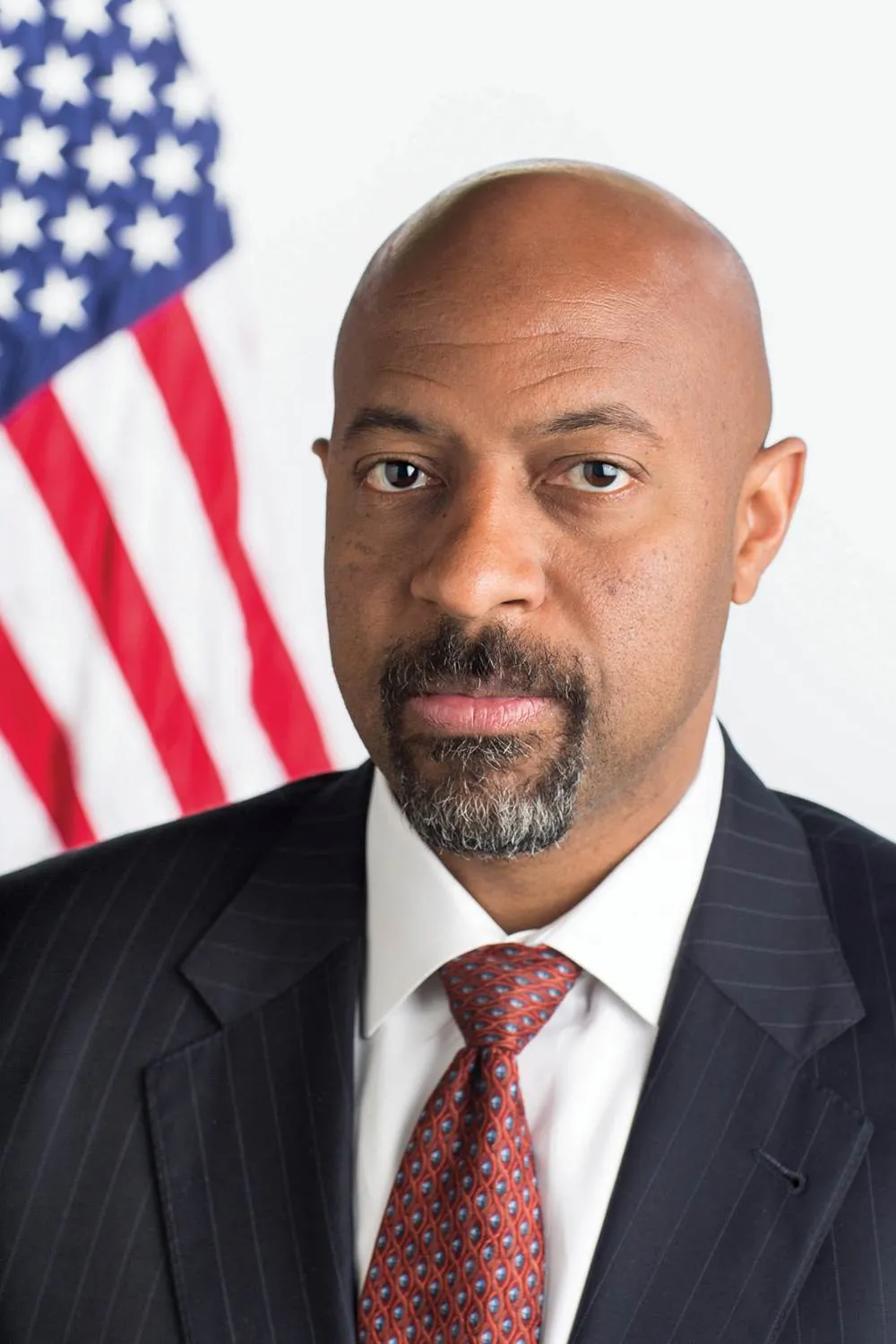Roy L. Austin Jr., '95: Through Law and Policy, Uplifting Those Who Need It Most

Roy L. Austin Jr., ’95, is Deputy Assistant to the President for the Office of Urban Affairs, Justice and Opportunity at the White House Domestic Policy Council. He was appointed to that position last March.
With a staff of eight, but with ample access to the resources of other federal agencies, Austin is carrying out a broad portfolio of responsibilities. “I view our mandate as finding ways to uplift those who are struggling most,” he says, “and that takes us into many areas.” In his first year on the job, he addressed, among other things, the militarization of police departments; 21st-century policing; homelessness; foster care; STEM education for marginalized youth; the expansion of legal aid services; worker’s rights; big data; and a variety of issues related to juvenile and criminal justice, including reentry issues for formerly incarcerated people and support for children of incarcerated parents.
He has also been very active in advancing the initiative established last year by President Obama, My Brother’s Keeper, which engages community leaders along with philanthropic organizations and businesses to build ladders of opportunity for all youth, including boys and young men of color. He served on the task force that framed the program, and he has connected with state and local leaders around the country to promote its implementation.
Before assuming his current responsibilities, Austin served for more than four years in the US Department of Justice as deputy assistant attorney general in the civil rights division. There, his energies were principally directed toward reforming law enforcement institutions, combatting hate crimes, and halting human trafficking. He had begun his legal career in the criminal section of the civil rights division, serving as a trial attorney from 1995 to 2000 after having worked there as a summer intern and then being accepted after graduation into the Attorney General’s Honors Program.
At the Law School, where he was an Earl Warren Scholar, Austin was a Hinton Moot Court Competition finalist. “There is no better training ground than the University of Chicago Law School for learning how to become a lawyer and how to defend your positions,” he says. “I was challenged by a politically diverse faculty and student body and by vigorous classroom debates, and that experience has helped me throughout my career.”
He says that the Criminal and Juvenile Justice Project in the Mandel Legal Aid Clinic also had a profound impact on him: “Randolph Stone and Herschella Conyers were not just exceptional teachers, they were powerful role models. I learned more from them and from the clinic—where I had the opportunity to work on an appeal in a death penalty case, among other things—than I ever could have imagined.”
In the ten years between his positions at the Justice Department, he worked for roughly five years as an Assistant US Attorney in DC—“I loved being in the courtroom,” he says. “I believe in the power of prosecutors to do good”—and he served with two different law firms, Keker & Van Nest, in San Francisco, and McDermott Will & Emery, in DC. “At those two excellent firms, I was fortunate to be able to continue working on issues of fairness and equity,” he says. He also has taught trial advocacy at two different DC law schools, for a total of nine years.
“I am grateful for all that I learned at the Law School, and very thankful for the many friendships I formed there that have lasted and grown stronger over the years,” he says. “My classmates James Cole [general counsel at the US Department of Education] and Joel Wiginton [vice president for government relations at Samsung] are amazing friends doing amazing things. And what other law school’s graduates can say, as I can, that they had classes with the President of the United States and a Supreme Court justice, not to mention professors with the impact of a Cass Sunstein, David Strauss, or Dennis Hutchinson? The Law School made possible for me a career that has far surpassed whatever I might have hoped for.”


